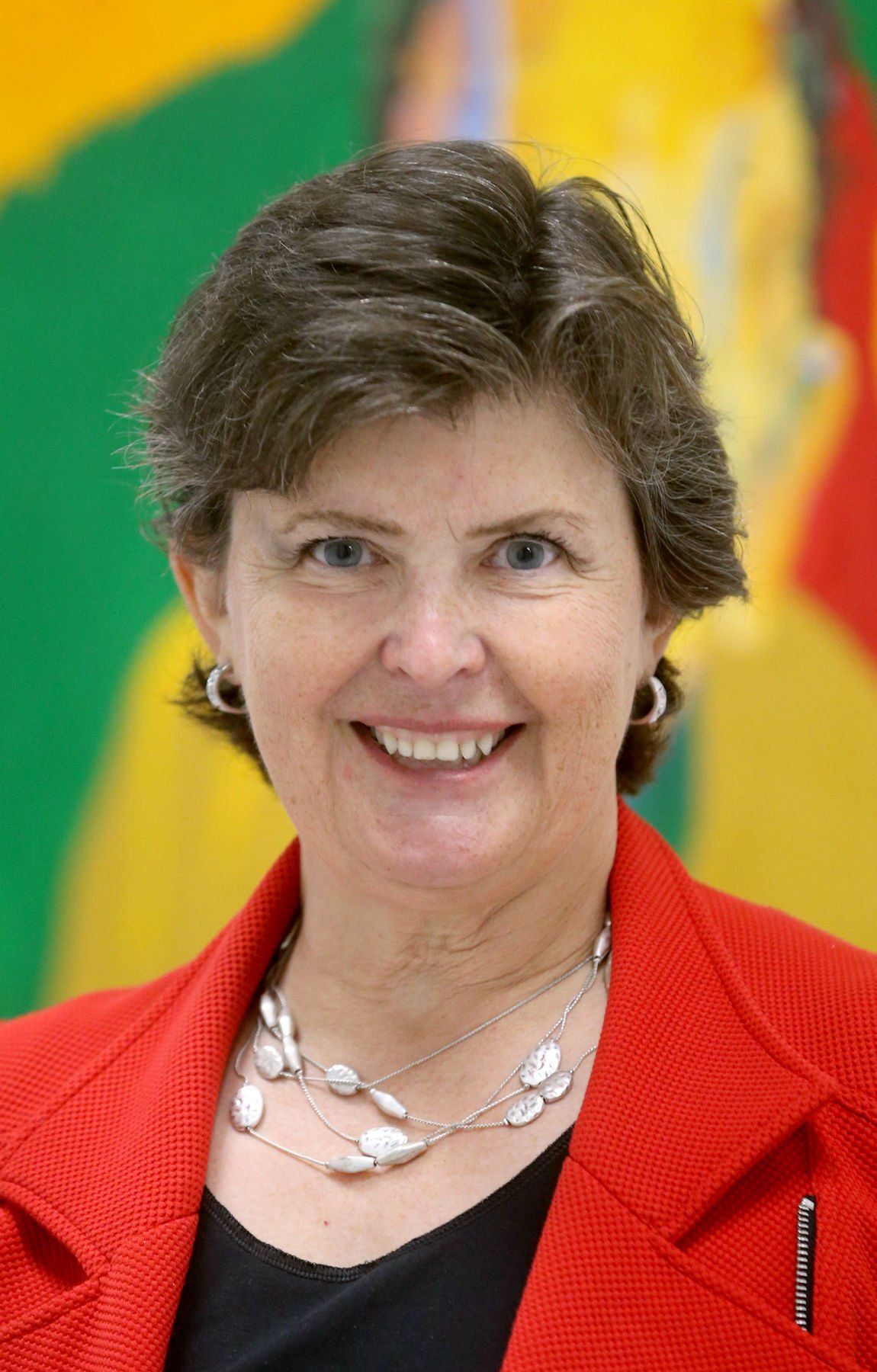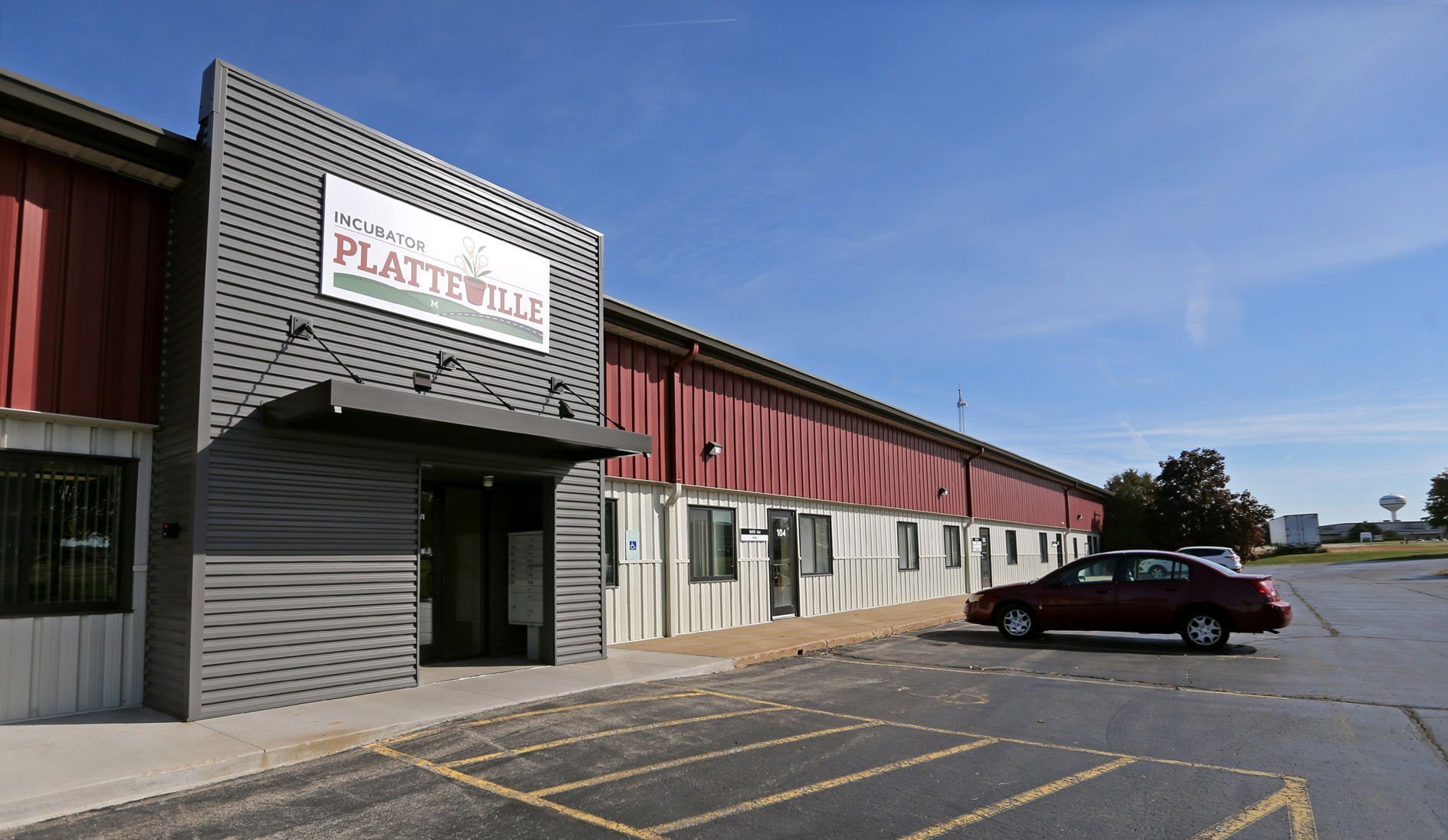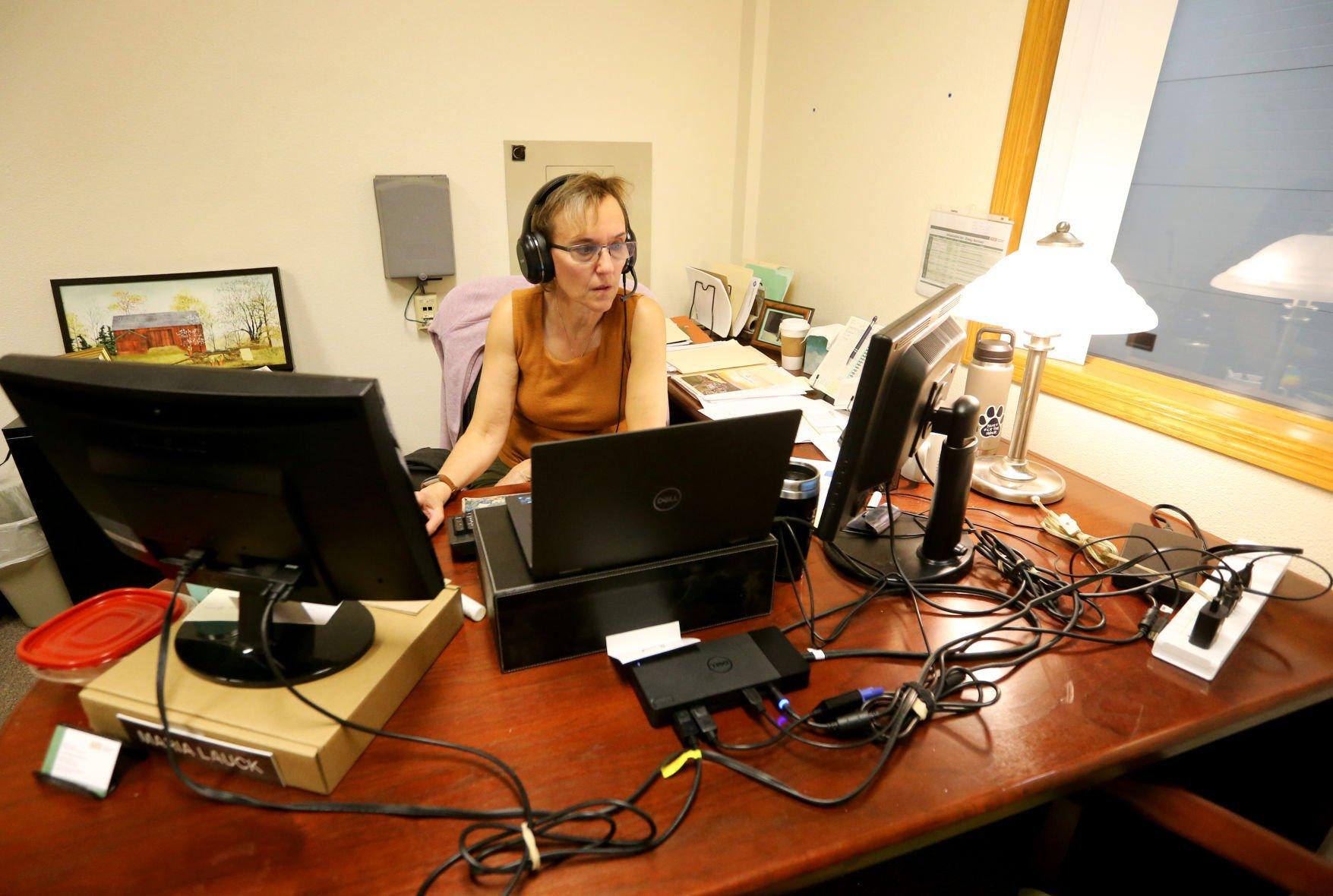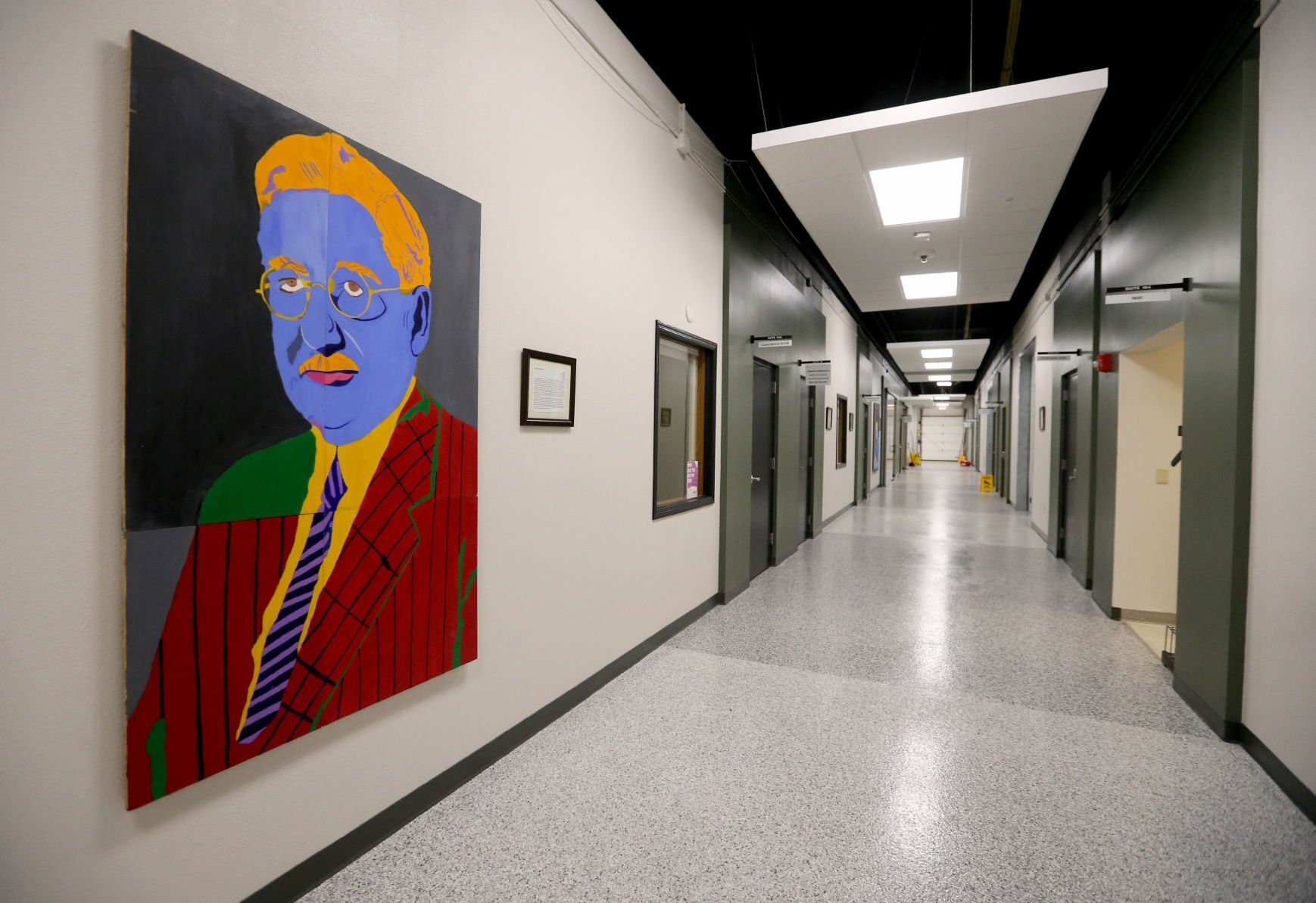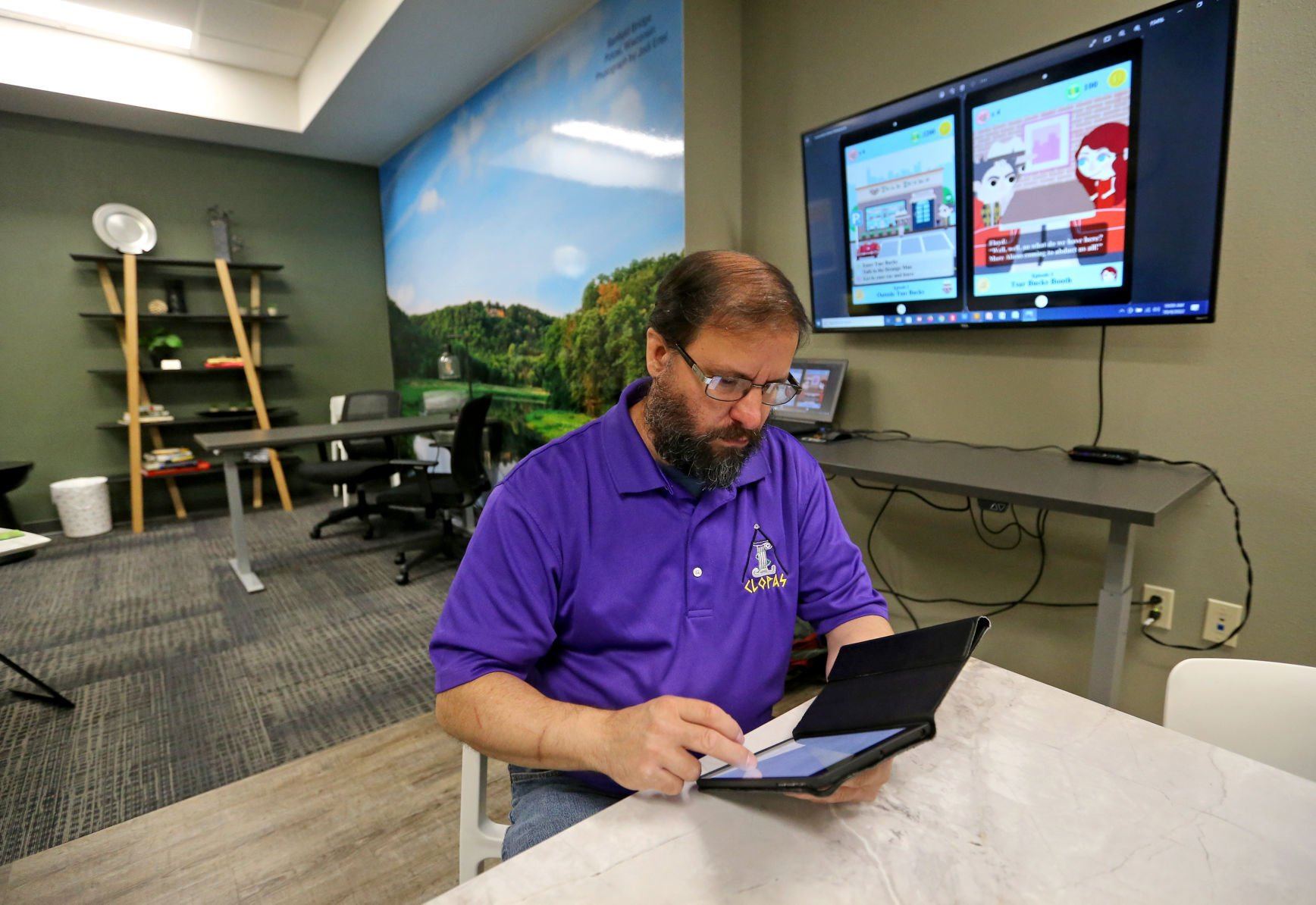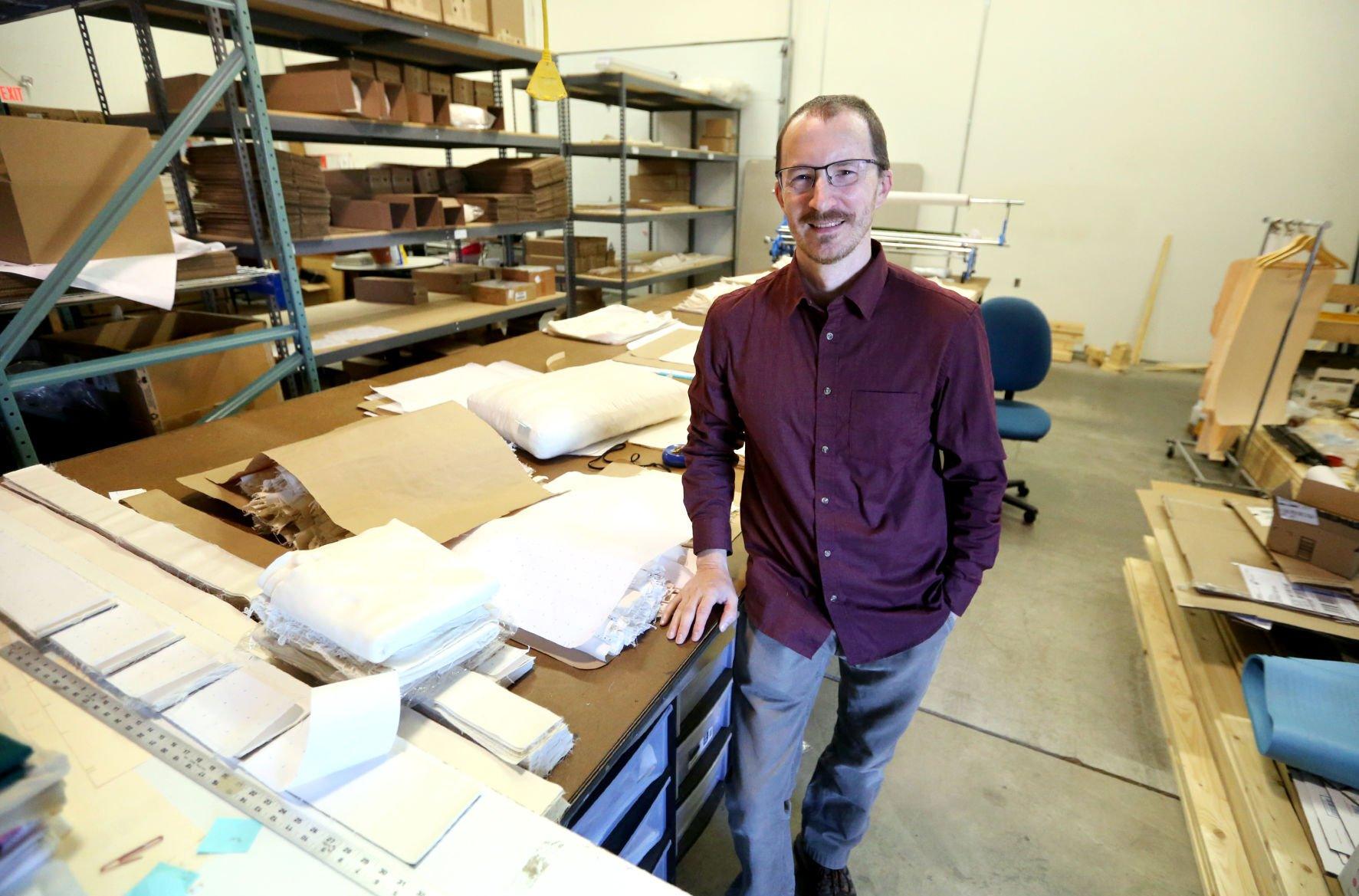PLATTEVILLE, Wis. — When Roxanne and Scott Adams first started Clopas, a family-friendly video game development studio in Platteville, they ran the business from their basement.
As the company grew, they needed more space, so they moved operations into an upstairs room. Soon enough, that space began to feel cramped.
“As we continued to grow and our projects were becoming more complicated, we realized we needed more space and more resources in order to be able to grow,” said David Ababio, Clopas chief operating officer.
The team discovered Platteville Business Incubator, which offers low-cost rental space and mentoring opportunities to startups and other tri-state area businesses.
Attracted by the low rent costs and networking potential, Clopas moved to the incubator in 2019. Since then, Ababio said, the incubator has been an “absolute rock star” with helping the company learn and grow.
“They’ve provided us with constant mentorship and gave us a lot of opportunities to learn how to do business well,” he said.
Platteville Business Incubator Inc. is one of several institutions in the tri-state area dedicated to helping startups and small businesses succeed. The assistance looks different from place to place, but common offerings include business counseling, networking opportunities and an affordable place to experiment and evolve.
‘Figuring out how to start’
One of the hardest parts of starting a business can be learning where to start, said Platteville IDEA Hub Accelerator Director Maia Donohue.
“If you think about it, you go through high school and college and find your first job and you do each of those with a goal in mind and a one-foot-in-front-of-the-other approach,” Donohue said. “With a startup, it’s more of a blank slate and you might need help figuring out how to start.”
The IDEA Hub offers free business counseling and networking support for new businesses and is a grant-funded partnership between University of Wisconsin-Platteville and Southwestern Wisconsin Regional Planning Commission.
Donohue said the IDEA Hub isn’t there to “just tell businesses what to do.” Instead, it employs a more hands-on approach that involves entrepreneurs in the problem-solving process. He said that assistance sets them up for future success.
Similarly, at Northeast Iowa Small Business Development Center, people can meet with business professionals for advice on financing, registrations, permitting and other hurdles commonly faced by new businesses.
The free advice is aimed at making the process of starting or sustaining a business a little less confusing. The center experienced a surge in demand during the COVID-19 pandemic but usually serves 300 to 400 businesses per year.
“What we do is try to take the mystery out of how to start and how to launch,” said Regional Director Jay Wickham.
Small spaces, big successes
Another barrier facing startups is the need to find and finance new commercial or industrial space. This especially is true for smaller business owners who need more space than they have at home but not necessarily a whole storefront or warehouse.
That is why many area incubators and service providers try to offer smaller spaces at lower costs.
Key City Creative Center in Dubuque has around 40 low-cost studio spaces filled by a mix of small businesses, nonprofits and hobbyists. It also has a large co-working space with a variety of industrial tools and equipment for use by its members.
Founder Tim Hitzler said the space is meant to give people a chance to explore their interests and gain access to high-quality tools without the high cost. In addition to those who rent studio space, around 40 more people pay for 24/7 access to the co-working space and tools.
“The center is a way to get started,” Hitzler said. “You rent the studio, use the tools and figure out if this is something you want to do.”
The Innovation Lab, an initiative of nonprofit Idea Bright, offers low-cost office and co-working spaces across northeast Iowa, as well as a variety of business coaching and networking opportunities. The co-working network has locations in Dubuque, Dyersville, Cascade, Monticello and Independence.
Innovation Lab Director Eric Dregne said the organization helps startups and small businesses “get outside and gain new perspectives.” Early in the pandemic, he said, the organization started offering “business survival coaching,” which has evolved into an online business program offered to entrepreneurs across the Midwest.
Dregne said it is important to offer those sorts of entrepreneurial supports to foster local job creation and economic vitality.
“There are a few really big companies in any given county, but there are hundreds of small companies,” Dregne said. “Having a robust set of resources and an ecosystem that supports new business start up and new business growth is an important part of an area’s economic development strategy.”
Making the connection
Another goal of area incubators is providing entrepreneurs with networking and mentorship connections.
Hitzler said Key City Creative Center has a members-only Facebook page where people will swap ideas and brainstorm solutions to potential problems. It also is common for people to stop and chat on the work floor and collaborate.
“People come for two things: One is the tools … and then the camaraderie,” he said.
At the Platteville incubator, tenants are paired with a member of the incubator’s board to whom they can go with questions or concerns, relationships that incubator Executive Director Kate Koziol called a “gold mine” for starting business owners.
“This mentoring allows a young business to be able to lean into someone who has already been there, or if they don’t have the right answer, their network of businesses are able to bring them the right information,” she said.
Platteville incubator tenant Ryan Del Balso said he benefited from that mentorship when he was establishing WakeWell LLC, a premium adjustable pillow company.
He moved into the incubator in 2019 and was paired with a member of the board who introduced him to the owner of an industrial sewing facility in Boscobel, Wis.
Del Balso arranged a tour, which he said “really helped” him understand more about the industrial sewing process he would need to produce enough pillows to turn a profit.
“I think it’s those contacts that the incubator brings that you can’t get outside on your own,” he said. “… It would have been very difficult for me to start this business without the incubator, if not impossible.”


